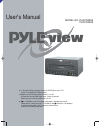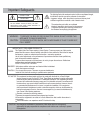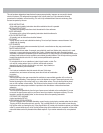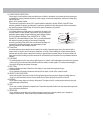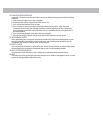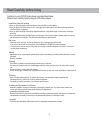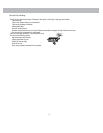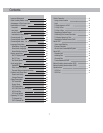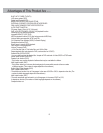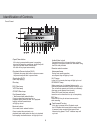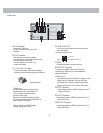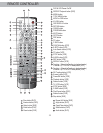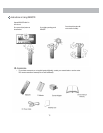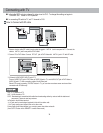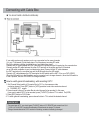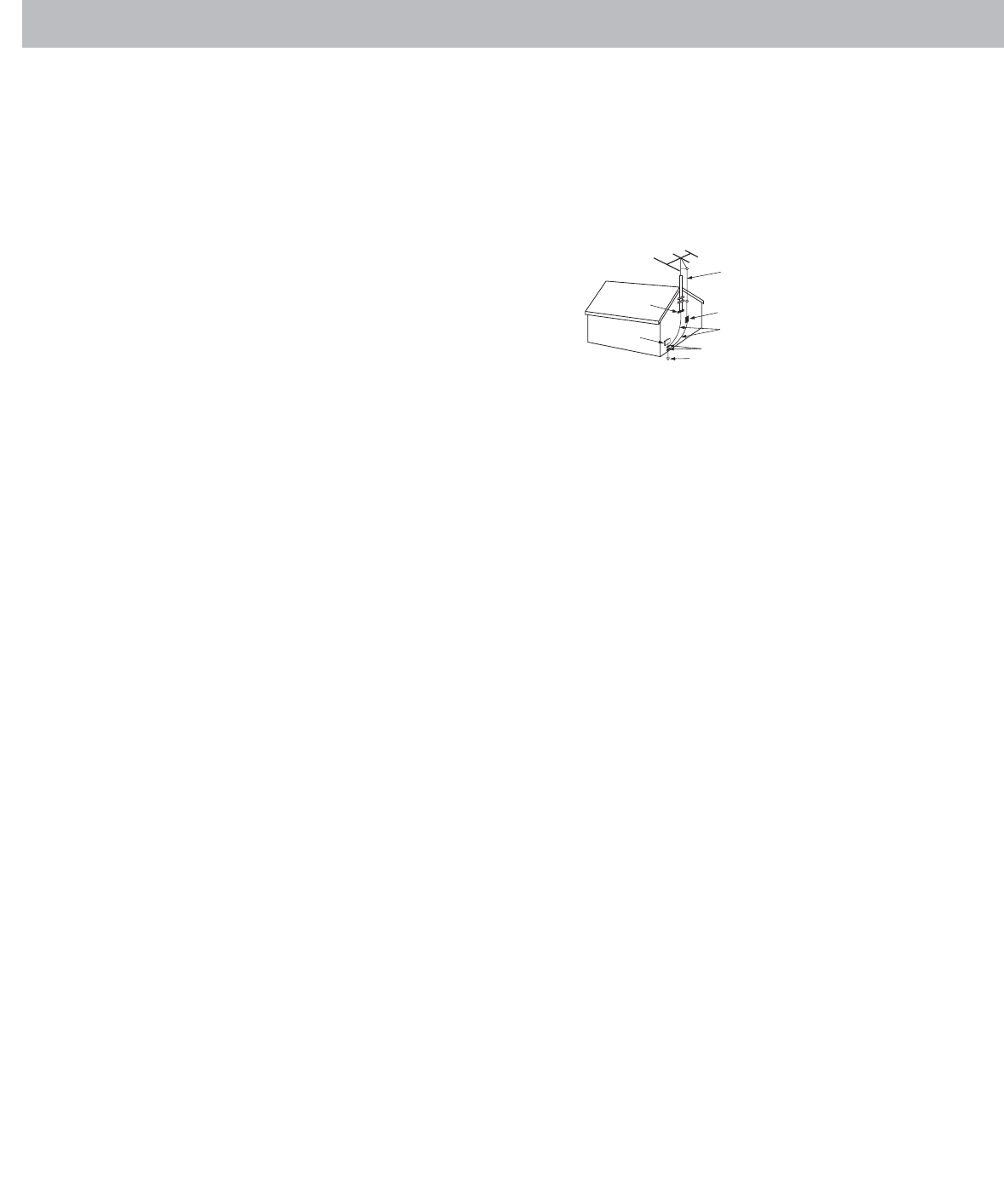
3
ANTENNA DISCHARGE UNIT
(NEC SECTION 810-20)
ANTENNA LEAD
IN WIRE
POWER SERVICE GROUNDING
ELECTRODE SYSTEM
(NEC ART 250 PART H)
GROUND CLAMP
ELECTRIC
SERVICE
EQUIPMENT
GROUNDING CONDUCTORS
(NEC SECTION 810-21)
GROUND CLAMPS
EXAMPLE OF ANTENNA
GROUNDING
NEC - NATIONAL ELECTRICAL CODE
12 POWER-CORD PROTECTION
Power-supply cords should be routed so that they are not likely to be walked on or pinched by items placed upon
or against them, paying particular attention to cords at plugs, convenience receptacles, and the point where they
exit from the unit.
Note to CATV system installer
This reminder is provided to call the CATV system installer s attention to Section 820-40 of the NEC which
provides guidelines for proper grounding and, in particular, specifies that the cable ground shall be connected to
the grounding system of the building, as close to the point of cable entry as practical.
13 Outdoor Antenna Grounding
If an outside antenna or cable system is connected to the product, be
sure the antenna or cable system is grounded so as to provide some
protection against voltage surges and built-up static charges. Section
810 of the National Electrical Code, ANSI/NFPA No. 70-1984
(Section 54 of Canadian Electrical Code, Part 1) provides information
with respect to proper grounding of the mast and supporting
structure, grounding of the lead-in wire to an antenna-discharge unit,
connection to grounding electrodes, and requirements for the
grounding electrode. See example as shown.
14 Power Lines
An outside antenna system should not be located in the vicinity of overhead power lines, other electric light or
power circuits, or where it can fall into such power lines or circuits. When installing an outside antenna system,
extreme care should be taken to keep from touching or approaching such power lines or circuits as contact with
them might be fatal. Installing an outdoor antenna can be hazardous and should be left to a professional antenna
installer.
15 LIGHTNING
For added protection for this unit during a lightning storm, or when it is left unattended and unused for long periods
of time, unplug it from the wall outlet and disconnect the antenna or cable system. This will prevent damage to
the unit due to lightning and power line surges.
16 DISC TRAY
Keep your fingers well clear of the disc as it is closing. It may cause serious personal injury.
17 OVERLOADING
Do not overload wall outlets of extension cords as this can result in a risk of fire or electric shock.
18 OBJECT AND LIQUID ENTRY
Never push objects of any kind into this unit through openings as they may touch dangerous voltage points or
short-out parts that could result in a fire or electric shock. Never spill liquid of any kind on the unit.
19 BURDEN
Do not place a heavy object on or step on the product. The object may fall, causing serious personal injury and
serious damage to the product.
20 DISC
Do not use a cracked, deformed or repaired disc. These discs are easily broken and may cause serious personal
injury and product malfunction.
21 SERVICING
Do not attempt to service this unit yourself as opening or removing covers may expose you to dangerous
voltage or other hazards. Refer all servicing to qualified service personnel.



